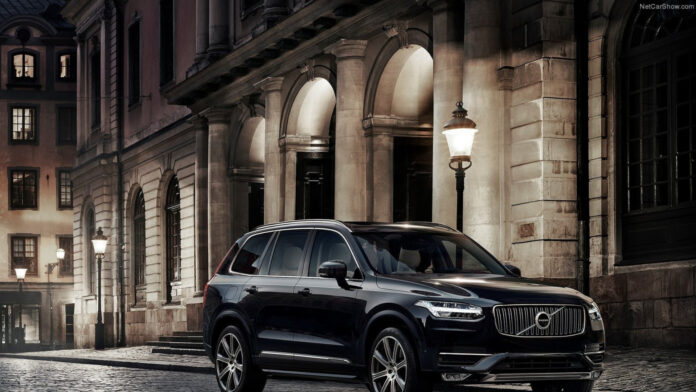If you’re considering purchasing a used Volvo XC90, it’s essential to be aware of any common issues associated with this SUV. In this guide, we’ll explore the most frequently reported problems and provide insights into specific model years. Whether it’s the infotainment system or other concerns, we aim to equip you with the knowledge you need to make an informed decision. Let’s dive in!
The Evolution of the Volvo XC90
The Volvo XC90 has undergone several generations, with each bringing improvements and addressing previous issues. It’s crucial to understand the different model years to identify potential problem areas. Let’s take a closer look at the XC90’s evolution:
First Generation (2003-2014)
The first-generation XC90, introduced in 2003, was generally well-received and established Volvo as a competitor in the luxury SUV market. While there were minor issues reported, such as electrical glitches and transmission problems, overall, this generation is considered reliable.
Second Generation (2015-present)
The second-generation XC90, launched in 2015, brought significant changes and updates. It introduced new technologies and a modern design. However, early model years experienced some teething problems, particularly with the infotainment system.
Common Issues with the Volvo XC90
Now, let’s delve into the most commonly reported issues with the Volvo XC90. By understanding these problems, you can better assess the potential risks and prepare for the necessary maintenance or repairs.
Volvo XC90 Transmission Failure
One of the most prevalent issues reported by XC90 owners is transmission failure. Symptoms may include rough shifting, slipping gears, or complete transmission failure. It’s essential to address these issues promptly to avoid further damage and costly repairs.
Volvo XC90 Infotainment System Problems
Early model years of the second-generation XC90 (2015-2017) experienced issues with the infotainment system. These problems ranged from frozen screens to unresponsive controls. However, Volvo made significant efforts to rectify these issues in subsequent model years (2018-2019).
Volvo XC90 Climate Control System Problems
Some XC90 owners reported issues with the climate control system. These problems included erratic temperature changes, lack of heating or cooling, or difficulty adjusting settings. While not affecting all vehicles, it’s important to check the functionality of the climate control system when considering a used XC90.
Volvo XC90 Electrical Glitches
Like many modern vehicles, the XC90 has a complex electrical system prone to occasional glitches. Some owners have reported issues with various electrical components, such as malfunctioning sensors, intermittent warning lights, or power window failures. Regular maintenance and proper care can help minimize these problems.
Volvo XC90 Suspension and Steering Components
Several XC90 owners have reported problems with suspension and steering components, such as worn-out bushings, struts, or tie rods. These issues may manifest as unusual noises, vibrations, or difficulty steering. Regular inspections and timely replacements can help maintain a comfortable and safe driving experience.
Model Years to Consider
While it’s important to be aware of common issues, certain model years of the XC90 have shown improvements and greater reliability. Let’s explore some model years worth considering:
2018-2019 XC90
Volvo addressed many of the early infotainment system issues in the 2018 and 2019 model years. These vehicles generally demonstrate improved reliability and functionality, making them a favorable choice for potential buyers.
2020-2021 XC90
The 2020 and 2021 XC90 models have continued the trend of enhanced reliability and refined features. With further refinements in the infotainment system and other components, these model years offer a satisfying ownership experience.
Conclusion
Purchasing a used Volvo XC90 can be a rewarding experience, provided you are aware of the common issues associated with specific model years. By understanding the history and evolution of the XC90, as well as the most frequently reported problems, you can make an informed decision and ensure a smoother ownership experience.
Remember, regular maintenance and proactive care are vital to keep any vehicle, including the XC90, in optimal condition. Whether you opt for a second-generation XC90 or choose a specific model year, thorough inspections and test drives can provide valuable insights into the vehicle’s overall condition and potential issues.
With this guide, we hope you feel more equipped to navigate the world of used Volvo XC90s and find a reliable and enjoyable SUV that suits your needs. Happy car hunting!
Additional Information: It’s always recommended to consult with a trusted mechanic or perform a pre-purchase inspection before finalizing a used vehicle purchase. This will provide further assurance regarding the condition of the specific XC90 you’re interested in.
If you own an alfa romeo and are facing any issues, check out our blog on alfa romeo issues, where you’ll find solutions to get your car back in shape.



